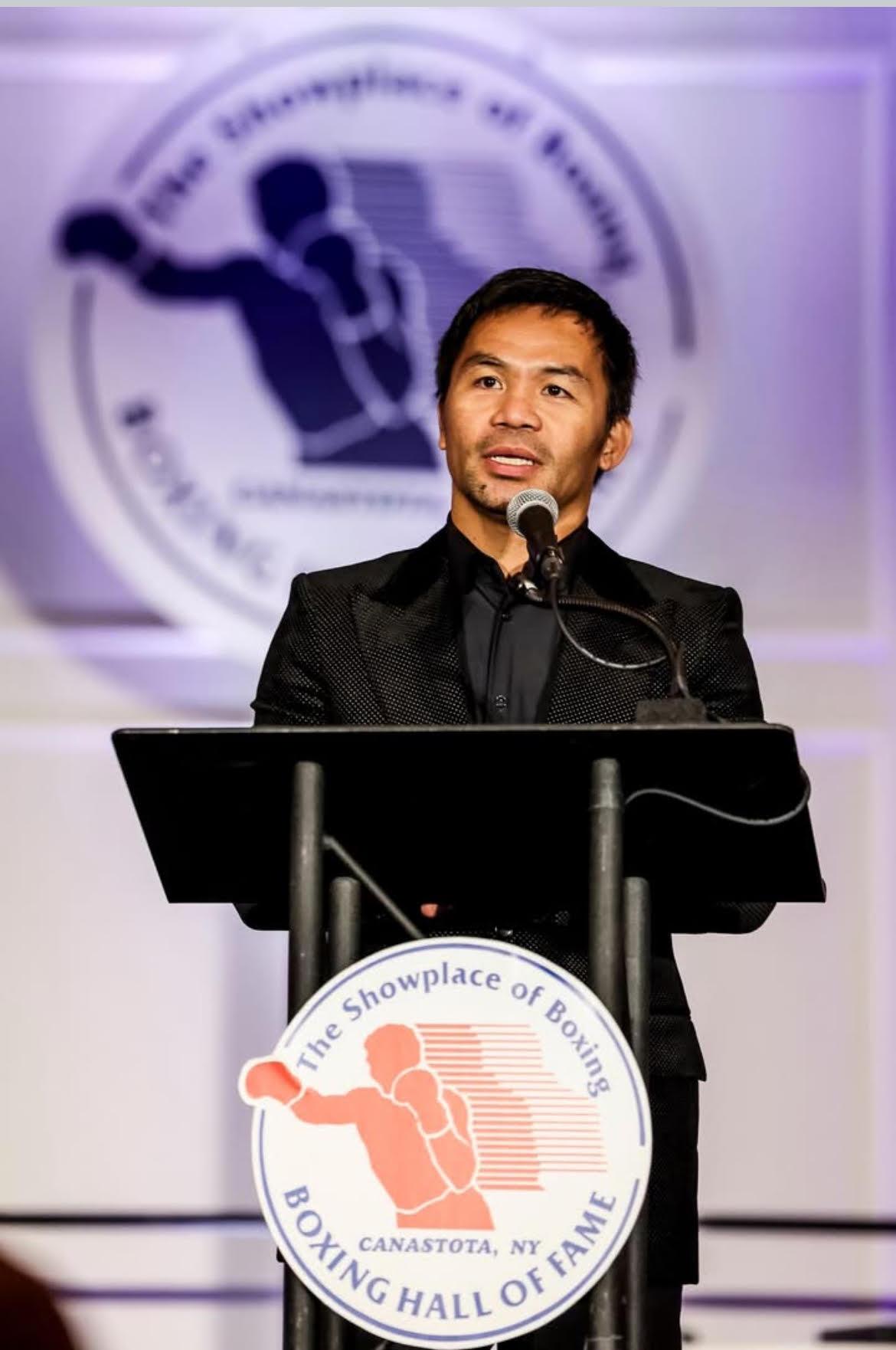
Screenwriters Peter Chiarelli and Adele Lim and director Jon M. Chu are in talks to return for development on “China Rich Girlfriend”
IN the opening scene of the wildly popular and universally acclaimed “Crazy Rich Asians,” the character Rachel Chu (played by the charming Constance Wu) tells one of her students who lost a poker match, “You were playing to not lose. You have to play to win.”
Since it was first announced, “Crazy Rich Asians” — based on the first book of a trilogy written by Kevin Kwan — has been playing to win.
The summer romantic-comedy opened on Wednesday, August 15, and after a five-day opener, it topped the box office charts and garnered $35.3 million at the box office, proving the cultural impact and bankability of diversity and representation of Asians and Asian Americans in entertainment.
Powered by the success of “Crazy Rich Asians,” it was announced Wednesday, Aug. 22 that Warner Bros. is going forth with the development for the film adaptation of “China Rich Girlfriend,” the sequel to “Crazy Rich Asians.”
The news of a sequel shouldn’t surprise those who saw “Crazy Rich Asians” because director Jon M. Chu cleverly included a teaser scene in the middle of the credits that continues the storyline for one of the major characters.
The studio has not officially greenlit the sequel, but development will begin.
As reported by The Hollywood Reporter, Chu is likely to return as director for the sequel and screenwriters Peter Chiarelli and Adele Lim are also likely to pen the sequel, but no deals have been made yet. According to Warner Bros. Chairman and CEO Kevin Tsujihara, the studio has an option for Kwan’s entire trilogy.
Warner Bros.’ announcement comes after a Taiwanese-Filipina led a Care2 petition calling for a sequel to “Crazy Rich Asians” to expand on the cultural impact the film’s representation had on Asian and Asian American audiences.
“As a Taiwanese Filipino woman born and raised on American media, the presence of Asian characters in films and television shows that didn’t lead with martial arts or racist cliche were limited at best,” Sydney Wuu said on the petition, which garnered 3,966 supporters of its 4,000 goal. “This groundbreaking film and its success at the box office harkens a new era of representation for Asian actors in film and now is the time to capitalize on it and make sure it grows.”
Wuu and the petition signers certainly weren’t the only people who were moved by the film and the impact.
Currently touting an impressive 93 percent on Rotten Tomatoes, the data aggregation site for film critique, “Crazy Rich Asians” is the first film to feature an all-Asian cast since 1993’s “The Joy Luck Club,” and it comes at the heels of a massive industry-wide campaign to diversify all elements of Hollywood: casting, behind-the-scenes work, Academy members and the stories told on screen.
“I think it’s because it’s just, it’s at the heart of it, a very universal story. So readers around the world, you know, from India to Switzerland, have been telling me, like, ‘We’re not crazy. We’re not rich. We’re not Asian. But your family is so much like the one, you know, that I live,’” Kwan told ABC News.






